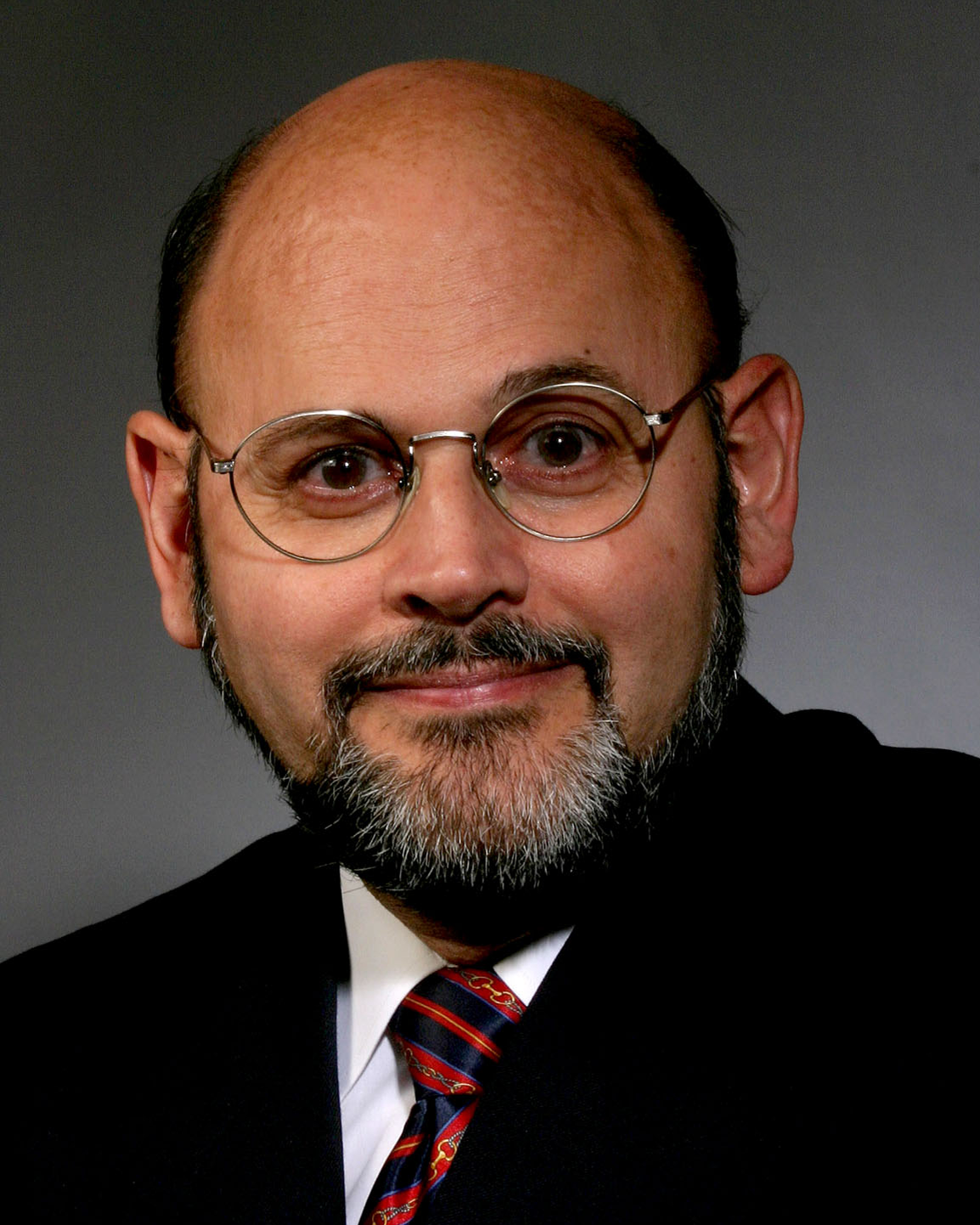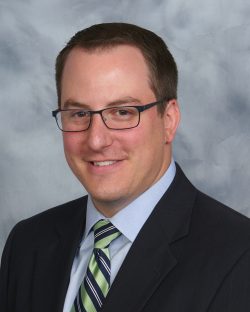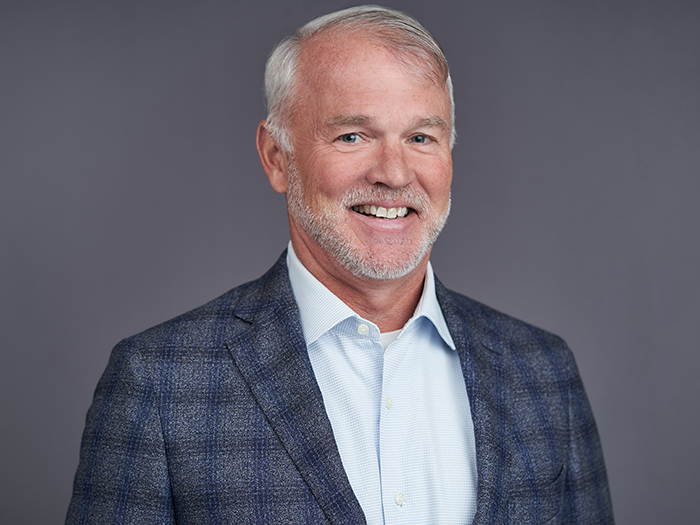Legal Remedies
Presumption of Responsibility

Firefighters are at greater risk of getting cancer than the general population, yet many find it difficult to obtain workers’ compensation benefits.
To provide a safety net, some states recognize cancer as a “presumed” occupational disease for firefighters, easing the path for workers’ compensation claims. A presumption law says the specific illness is a result of hazards on the job. It’s the employers’ responsibility to prove otherwise.
Some fear presumption laws are too expensive to cover and too vague medically. In Ohio, for example, legislators are on their fourth attempt to enact a “cancer presumption” law that would provide firefighters benefits from the state’s workers’ compensation system rather than their health insurance.
If S.B. 27 passes, Ohio will become the 38th state to simplify access to workers’ compensation for firefighters with certain cancers. But the legislation is not expected to pass.
Every state has recognized occupational diseases under workers’ compensation programs since at least 1971, yet not all recognize the same dangers on the same jobs. And once diagnosed, the employee still carries the burden of proving the job caused the disease.
More often than not, that process is too cumbersome and costly for a worker to even pursue.
If you have presumed diseases, “you are making a societal decision that anybody who gets that disease in a certain field is simply covered,” said Howard Sandler, president and founder of Sandler Occupational Medicine Associates, Inc., and former medical adviser to EPA and OSHA, and medical officer with NIOSH.
“That is not a scientific approach to the process of causation determination,” he added. “You are merely advising people, ‘Hey if you take this job, it’s going to cover your problems in the future,” Sandler said.
Pros and Cons
When “presumed” occupational diseases are recognized under the law, it can speed up compensation for the injured worker while reducing administrative costs to process or investigate the claim.
“I think at the end of the day it has huge advantages,” said Dr. Tee Guidotti, an occupational and environmental medicine expert, and author of “Health Risks and Fair Compensation in the Fire Service.”
“It creates a much more efficient way of dealing with the problem than adjudicating or litigating every similar case.
“When a worker in a certain occupation has the disease and meets certain criteria, you simply accept it and that tremendously simplifies the processing of the claim,” Guidotti said.
Conversely, presumed occupational diseases may increase insurance rates and scare workers’ compensation insurers away, said Kristopher Kachline, an attorney with the Chartwell law firm in Philadelphia. Chartwell represents municipalities and employers in workers’ compensation cases.
After Pennsylvania passed a cancer presumption law for firefighters in 2011, some insurance companies dropped municipal coverage and some fire departments had to move to the state’s insurance fund.
“The expectation on the employee’s side is that if they have that disease, they automatically win their claim,” Kachline said. “And, that hasn’t been the case for firefighters with cancer,” he said, because law firms such as his often will rebut the presumption in court.
Such laws make employers liable for things they probably shouldn’t be liable for, Kachline said, because it’s hard to prove causes of cancer.
Without a presumption, the employee must prove job hazards led to the occupational disease. With it, the burden shifts to the employer who must show the job didn’t cause the illness, said attorney Michael G. Dryden, chair of the workers’ compensation department for Willig, Williams & Davidson in Philadelphia.
“It’s much more fair to leave it on [the municipality’s] shoulders,” Dryden said.
Guidotti said employees can’t afford to pay for literature searches, expert opinions and re-analysis of the massive studies needed to show a link between hazardous exposures and disease. Time and money is wasted reviewing the same studies over again for every single worker.
“[Presumption laws] allow the individual to play on a level, moral playing field and it helps the system as a whole by reducing the amount of repetition and cost to the system, Guidotti said.
Sandler disagreed. Each case should be decided individually based on science, he said.
“Otherwise, you’ve now simply put in a program which disregards whether somebody is entitled or not,” Sandler said.
“First rule of medicine is ‘do no harm’; I think that means do no harm in a lot of areas, not just the patient,” said Sandler, “If you destroy a business, you are putting workers at increased risk of problems because they don’t have jobs anymore.”
Difficulties with National Guidelines
Some experts have suggested that a national schedule or master list of occupational diseases could streamline the system and remove underwriting uncertainty. But so far the details of how to establish it are elusive.
“Some of us do think it can be done, but it’s not easy,” Guidotti said.
The National Institute for Occupational Safety and Health might be a good central source for maintaining presumed occupational disease lists, Sandler said.
The idea of creating one master list as a guide for all states has come up before. In 1980, the Department of Labor issued an interim report suggesting it as one of several options. Nothing came of it.
One reason it hasn’t worked so far is no one can say definitively that a particular cancer – except perhaps mesothelioma and a couple of others – was caused by a specific exposure, said J. Paul Leigh, a professor in the Department of Public Health Sciences at University of California, Davis.
“All we can say is that there is a higher or lower likelihood that the exposure lead to the cancer,” Leigh said. “So when you talk about a master list, you are ultimately talking about a master set of estimates of the Attributable Fraction of different diseases that were caused by the occupational exposure.”
Also, the laws need flexibility so you don’t have to go back to the legislature if the science changes, said Dryden. The laws would need to change and roll with the latest science, he said
“Sometimes the legislature will adopt a certain schedule but fail to vest the power in its division of insurance to keep updating the list,” Guidotti said. “These things change over time and as new studies become available somebody has to be watching it.”












